Episode 15 of Season Two of the We’re Not Stumped podcast features Penta Medical Recycling. My guests from this great organization are founder Henry Iseman, Deputy Director Anna Szczepanek and Director of Operations Mijamin Strong.
The organization was founded in 2016, when a group of university students established Penta Medical Recycling with a dual mission: to make affordable prosthetic care accessible in low- and middle-income countries while repurposing medical waste in the United States.
This initiative stemmed from the recognition that a staggering 85-95% of the world’s 100 million amputees lacked access to proper prosthetic care and equipment. Meanwhile, hundreds of thousands of still functional but slightly outdated prostheses were being replaced and discarded annually in the United States.
Penta discovered a solution to address both of these pressing issues simultaneously. By collecting and refurbishing used prosthetic and orthotic equipment in the United States, they could declutter private homes, ease the burden on clinics responsible for disposing of unusable devices, and, most importantly, restore the ability to walk, work, and thrive for amputees worldwide.
In 2018, Penta Medical Recycling was officially incorporated as a 501(c)(3) nonprofit organization. Since then, it has evolved into a global operation collaborating with government health agencies, both private and public healthcare institutions, and various nonprofit organizations, both within the United States and internationally. Penta’s operations have expanded to encompass 16 different countries across six regions worldwide.
Links:
Penta Medical Recycling Website: https://pentaprosthetics.org
Penta Medical Recycling Facebook: https://www.facebook.com/penta.medical.recycling/
Penta Medical Recycling Instagram: https://www.instagram.com/penta.medical.recycling/
Penta Medical Recycling LinkedIn: https://www.linkedin.com/company/penta-medical-recycling/
#amputee #amputeelife #amputeestrong #prosthetics #prostheticleg #amplife #amputation #limbloss #amputees #adaptiveathlete #disability #amputeefitness #prosthetic #prosthesis #disabled #adaptive #iamadaptive #amputeelifestyle #oneleg #amputados #bionic #inspiration
Watch on YouTube
Listen on Spotify
In this uplifting episode of We're Not Stumped, host Mike Bolland welcomes Latonyia Billops, a bilateral above-knee amputee, who shares her remarkable story of surviving a traumatic car accident that changed her life forever. While helping a stranded motorist, Latonyia was struck by a truck that crossed the highway median—resulting in the loss of both her legs. Despite unimaginable trauma, Latonyia never lost her faith. She opens up about how her spiritual foundation guided her recovery, her refusal to fall into depression, and how she’s used her experience to advocate for others navigating prosthetic care and life with limb loss. Latonyia also shares insights into the adaptive equipment she uses to maintain independence—such as a sliding board, bath bench, and commode topper—and how these tools have helped her live with greater comfort and dignity. Plus, she reveals her dream of entering a wheelchair pageant, showcasing her confidence and self-love.
In this empowering episode of We’re Not Stumped, host Mike Bolland sits down with Dr. Jackie Garcia, PT, DPT — a bilingual physical therapist, neurologic specialist-in-training, and founder of Nxt Stride Rehab — a virtual coaching program transforming how amputees recover, rebuild, and thrive. Jackie opens up about her journey into physical therapy, her passion for supporting individuals with limb loss and spinal cord injuries, and how a gap in care inspired her to launch a program that brings expert support directly into people’s homes — no matter where they live.
In this powerful conclusion to the Triple A’s of Limb Loss series, host Mike Bolland explores the third and perhaps most impactful "A"—Attitude. Born without a right hand, Mike shares how attitude isn't just a mindset—it's a survival tool. With honesty and humor, he dives into how your outlook shapes your journey after amputation, influences your recovery, and determines how you show up for yourself and others. Whether you’re newly navigating limb loss or years into your journey, this episode is a reminder that while we can’t control everything, we can control how we respond.




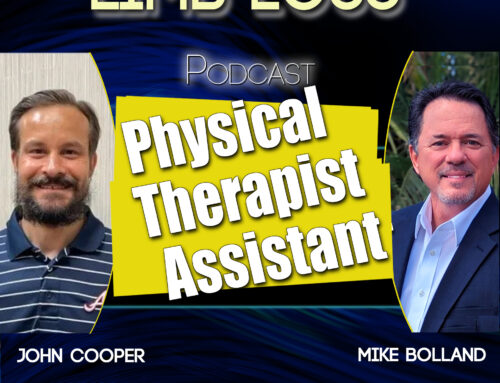
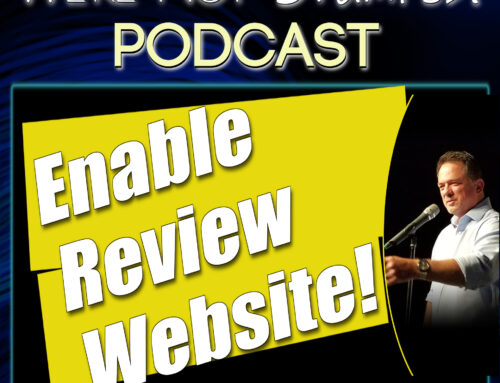
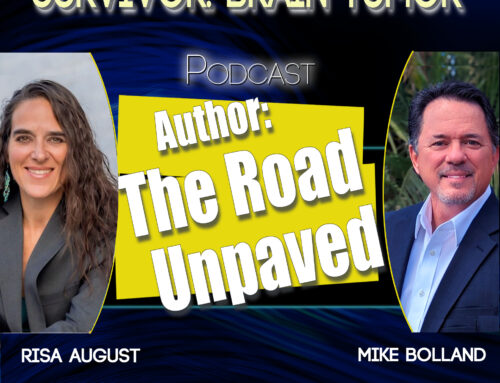
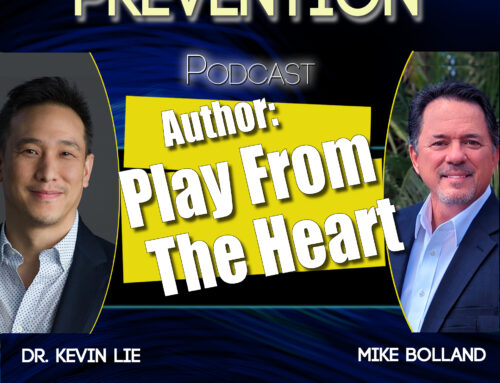
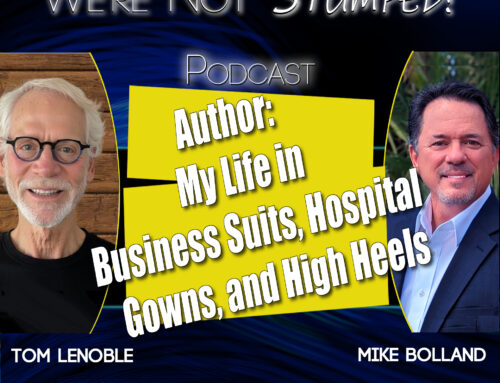
Leave A Comment